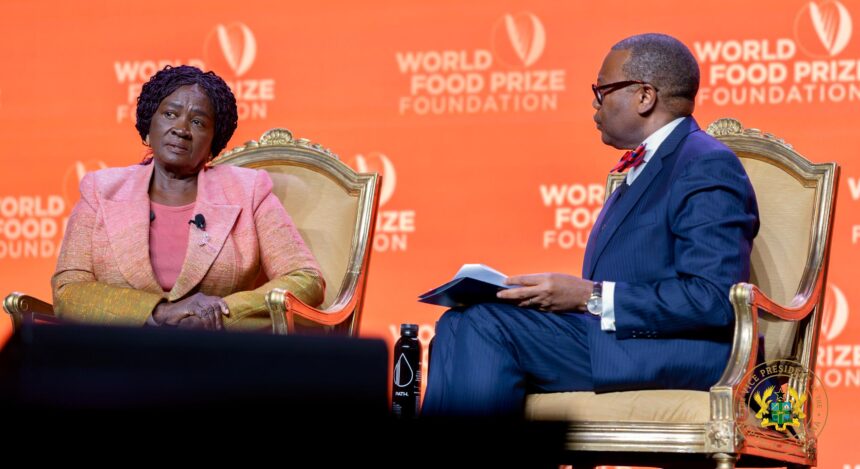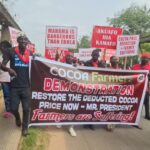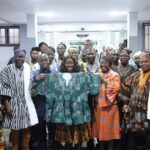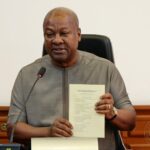Ghana’s Vice President, Professor Naana Jane Opoku-Agyemang, has reaffirmed the country’s commitment to shifting from raw material exports to value-added production as part of efforts to capture greater economic benefits and strengthen food security.
Speaking at the Norman Borlaug International Dialogue in Iowa, USA, Prof. Opoku-Agyemang highlighted the government’s strategic initiatives—particularly the Grow24 Programme—as central to this transformation agenda.
She emphasized that Ghana currently spends over $2 billion annually on food imports that could be produced and processed domestically, describing the trend as economically unsustainable.
“Nearly two out of every five Ghanaians work in agriculture, but the sector faces persistent challenges,” she said. “Ghana spends more than USD 2 billion annually importing food we have the climate and capacity to produce. This must change.”
The Vice President noted that President John Dramani Mahama’s Feed Ghana Programme represents a coordinated, market-driven approach to modernize agriculture. The initiative spans 22 commodity value chains, including grains, legumes, vegetables, starchy staples, tree crops, and livestock, and is designed to address systemic bottlenecks in irrigation, storage, processing, and market access.
She explained that under the broader 24-Hour Economy framework, the Grow24 initiative aims to modernize agriculture and agro-value chains, boost agro-manufacturing, and expand export-ready agribusiness.
Addressing inclusivity, Prof. Opoku-Agyemang underscored the critical role of women and youth in Ghana’s agricultural sector.
“Women constitute more than half of Ghana’s agricultural workforce but face barriers to land, credit, technology, and training. Our Women’s Development Bank will help correct these inequities,” she noted.
“We are also investing heavily in youth-led agritech, mechanization services, and digital market platforms.”
She concluded by highlighting Ghana’s strategic advantage as host of the African Continental Free Trade Area (AfCFTA) Secretariat, positioning the country to build regional value chains, scale agro-exports, and empower youth and women across borders.
The Vice President called on investors, governments, universities, development banks, and foundations to partner with Ghana in realizing this vision for sustainable, inclusive, and value-driven agricultural growth.
While in Iowa, Vice President Naana Jane Opoku-Agyemang shared the stage with African Development Bank President Dr. Akinwumi Adesina for a lively fireside chat on Africa’s agricultural transformation. She also helped present the 2025 World Food Prize to Brazil’s Dr. Marieangela Hungria, recognised for her groundbreaking research in agronomy and microbiology.






